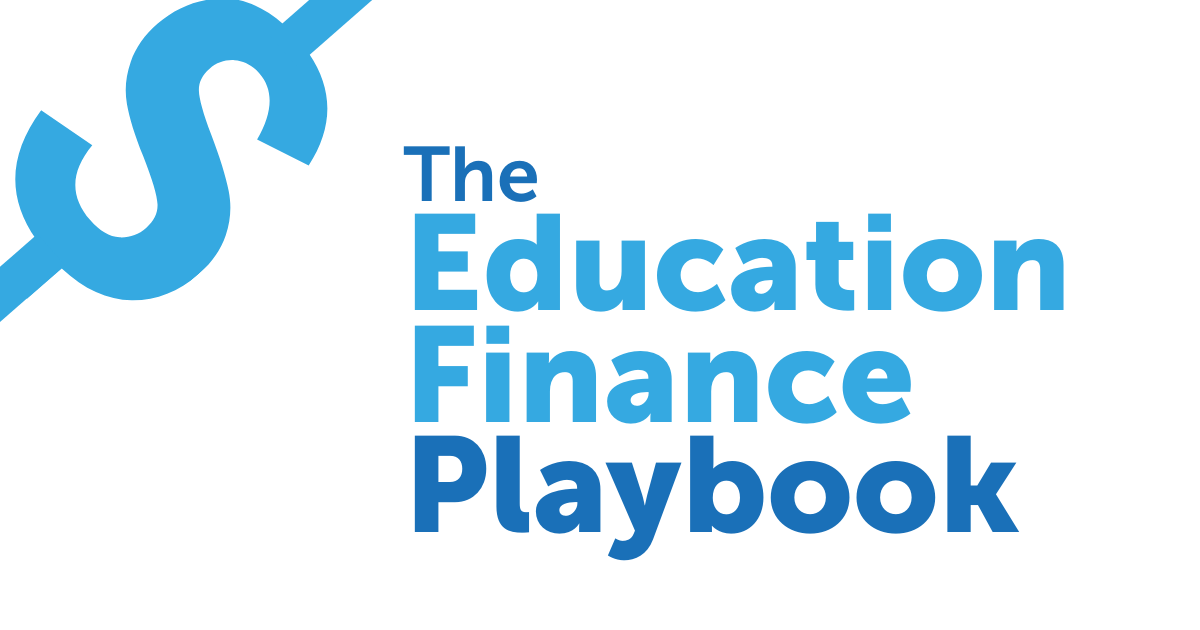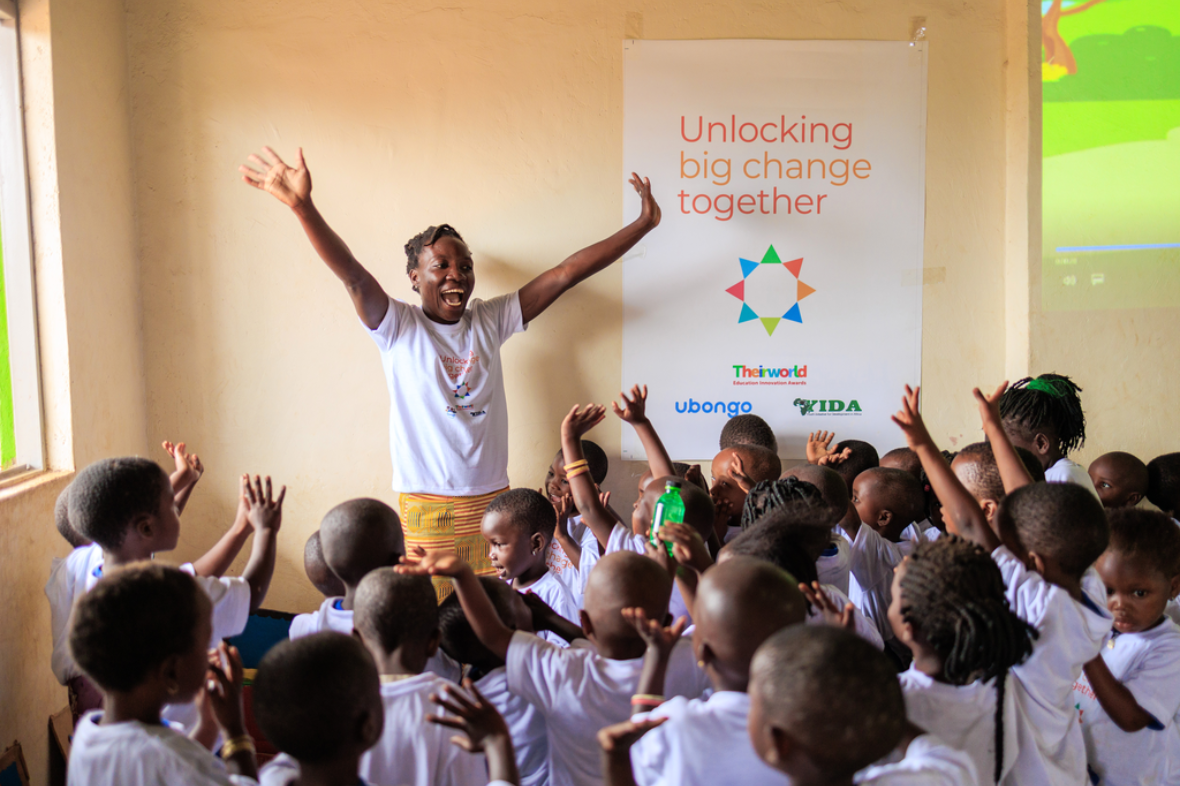
A turning point? An updated scorecard on donor funding to Pre-primary Education

This is the seventh report in a series dating back to 2017 by the Research for Equitable Access and Learning (REAL) Centre for Theirworld. In this paper, we review the latest data available on pre-primary education spending, with particular attention paid to trends in 2021 and 2022.
This is the seventh report in a series dating back to 2017 by the Research for Equitable Access and Learning (REAL) Centre for Theirworld. In this paper, we review the latest data available on pre-primary education spending, with particular attention paid to trends in 2021 and 2022.
As evidence has shown, quality interventions in preprimary education are a highly effective investment for individuals and societies, with up to 90% of a child’s brain development taking place between birth and the age of five.
In recognition of this, since 2017 Theirworld has been advocating for aid donors and national governments to commit 10% of their education spending to early childhood education.
Download the report below or get an accessible version available here.
Next resource
